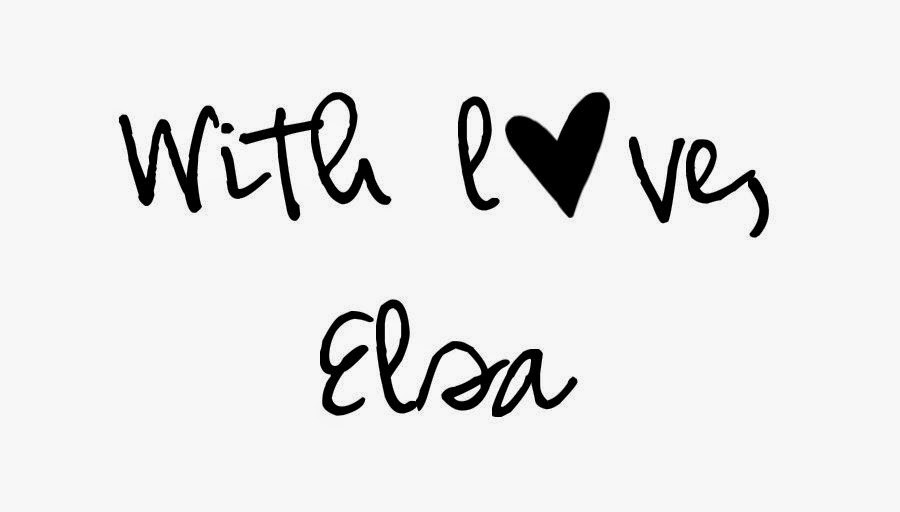in Alaska. During the run of the show, the character Shelly gets pregnant. At her baby shower all the other women are talking about their horror stories and it freaks Shelly out. So she goes for a walk in the woods and meets Mother Nature. I said it was a quirky town, remember? She, Mother Nature, Queen Victoria, and Medea have a big talk about motherhood and how it changes everything in a mother's life. But Mother Nature makes a very good point. She tells Shelly that the other women talk about the horror stories so much because "they make good drama. I mean you never hear about the baby who just popped out."
After being pregnant, giving birth, placing my child for adoption, and then going out into the world to carefully tell my story, I found that people were surprised over and over again. Most of them had never heard a "good" adoption story. All they had ever heard were the bad ones. The ones were there is a fight over the kid, or the kid tries to find his parents only to be rejected, or even just the plot line of the latest Lifetime made-for-TV movie. Everyone was shocked by my story because it was a good one. And it continues to be a good one.
At some point, a friend told me once again about how all they ever hear are the bad stories about adoption and that it was so rare to hear about the good ones. I was badly confused because ever since I placed my child for adoption, I've only heard more and more good stories. Then I remembered this quote: "they make good drama." That's when I realized why so many have heard the bad stories, but very few of the good. It's a very simple reason. Those stories make good drama. The stories like mine about the adoptive parents and the birthmother who always get along aren't good drama. People in general see it as a good reason to still have faith in humanity. But not much more. And my story is not fodder for a made-for-TV movie the will have everyone biting their nails and wondering who should get the child. There was no struggle, there was no last minute change of heart. My son went from my arms to theirs and that was it.
I still go about and tell my story to many who are often surprised over and over again. A few have heard good stories or were even part of a good story. And those people are the best to meet. But I find they are often few and far between. Most everyone else has heard the bad stories, the horror stories, the ones that get passed around and around and are eventually accepted as the one and only truth. Which isn't fair to the many many stories that are good.
I encourage everyone, if your story is good, please tell it. You'll hear lots of people say how they heard about this terrible story or that. But just be patient. Some have just never heard the good stories. Not their fault. They're just not considered "good drama." But that doesn't make them any less viable or any less important.









.jpg)











